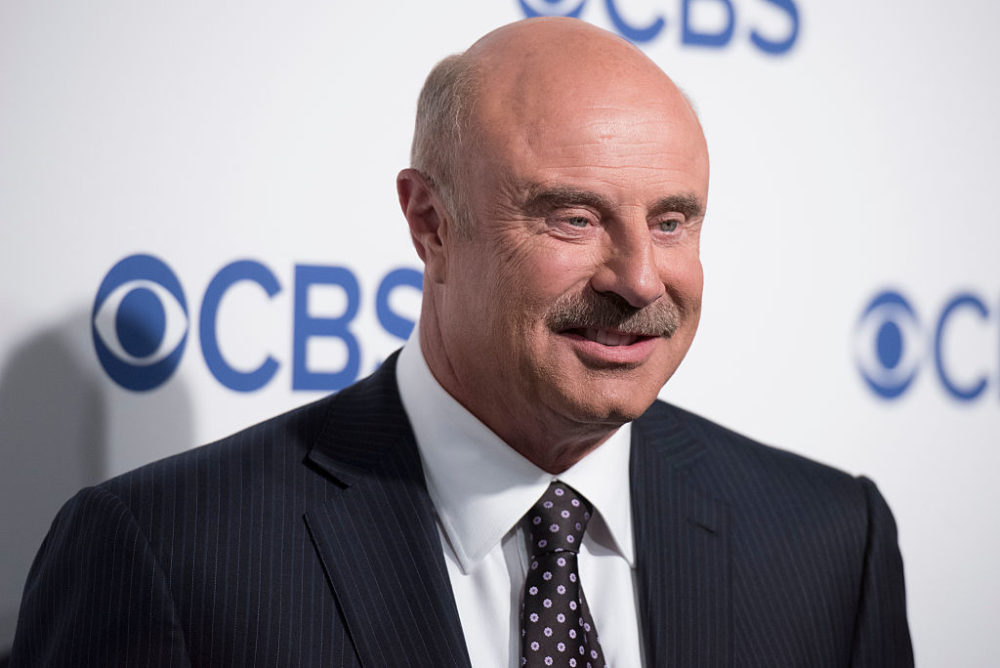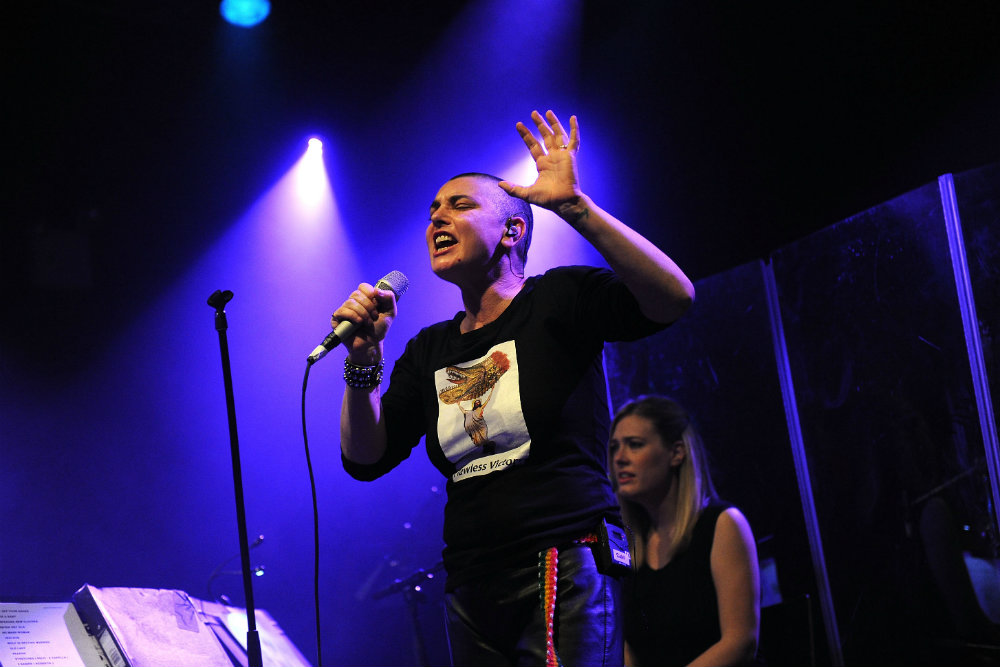Philip McGraw, better known as Dr. Phil, has grown fabulously rich lending armchair life advice to troubled guests on his eponymous daytime talk show. The former clinical psychologist (his Texas license expired in 2006) frequently advises people with substance abuse problems. In a new report from STAT and the Boston Globe, multiple people who visited or brought family members to the show for help with addiction allege that staffers enabled and encouraged drug and alcohol use before tapings. In one case, employees allegedly gave a guest vodka and prescription medication before he entered the stage.
Todd Herzog appeared on Dr. Phil four times. The former Survivor winner struggled with severe alcoholism. He claims that before his first appearance, staffers placed a bottle of Smirnoff vodka in his dressing room, and one employee gave him the anxiety medication Xanax, saying it would “calm his nerves.” Herzog took the drug and drank all of the vodka.
Herzog blew a .263 when McGraw breathalyzed him in front of the studio audience. He said he also found vodka in his dressing room before his third appearance. In a statement, McGraw called the allegation that Herzog was given drugs and left alone with vodka “absolutely, unequivocally untrue.”
Marianne Smith’s niece Jordan appeared on Dr. Phil in 2012 to receive help with a heroin addiction. Smith said that she told a producer that Jordan was experiencing a withdrawal during her time in Los Angeles, where the show is filmed. “They told us where to go, Skid Row,” Smith said. “I was so scared.”
Kaitlin King-Parrish, 28, also visited the show with a heroin addiction. She was six months pregnant at the time. After she and her mother landed in Los Angeles, they visited a hospital to detox. King-Parrish refused to stay at the hospital, so the two went to the Dr. Phil studio. A staffer met them and all three rode a cab to Skid Row. The employee filmed King-Parrish asking homeless people for drugs. The show aired the footage.
Martin Greenberg, a psychologist and the show’s director of professional affairs, said the footage “simply documented the natural behavior she observed, which would have occurred whether she was there or not.” Greenberg said King-Parrish’s mother “agreed to be 100% responsible for managing her daughter’s health and possible withdrawal.”
The show gave conflicting statements about the amount of medical supervision the show provides guests during their time in Los Angeles. Asked in an initial interview whether Dr. Phil has a responsibility to monitor its guests, Greenberg said, “No, of course not, it’s a television show.”
After STAT and the Globe sent detailed questions about specific guests’ allegations, the show issued a statement claiming that guests with substance abuse problems are medically supervised “100% of the time.” The statement said that Herzog was “medically supervised the entire time he was involved with tapings of Dr. Phil,” including by an unnamed nurse-practitioner who flew with Herzog to Los Angeles, an unnamed nurse who monitored him at night, and a third unnamed medical professional.
Greenberg, through a lawyer, clarified in a separate statement issued through a lawyer. “We mean 100% of guests agreeing to treatment,” he said. “It does not mean that a guest is being monitored 100% of the time.”
Herzog received treatment after his fourth show appearance and is now sober. Smith called her daughter’s experience with the show a “complete bust.” Kaitlin is reportedly homeless. Her mother said heroin is “probably going to be Kaitlin’s end.” McGraw made $79 million last year, according to Forbes.
Read the entire report here.





